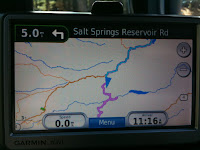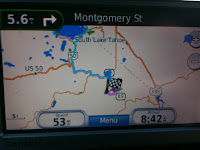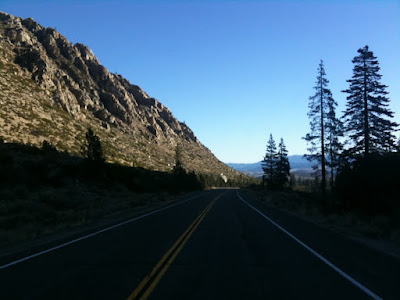
This hike started to pay-off.
The natural beauty of the Hetch Hetchy Valley emerged.
It really does mirror Yosemite Valley...

And when I say the "natural beauty" emerged...

I really mean it! [Black Bear @ 3:53]
Dam be damned... Hetch Hetchy is still wild, LOL!










































